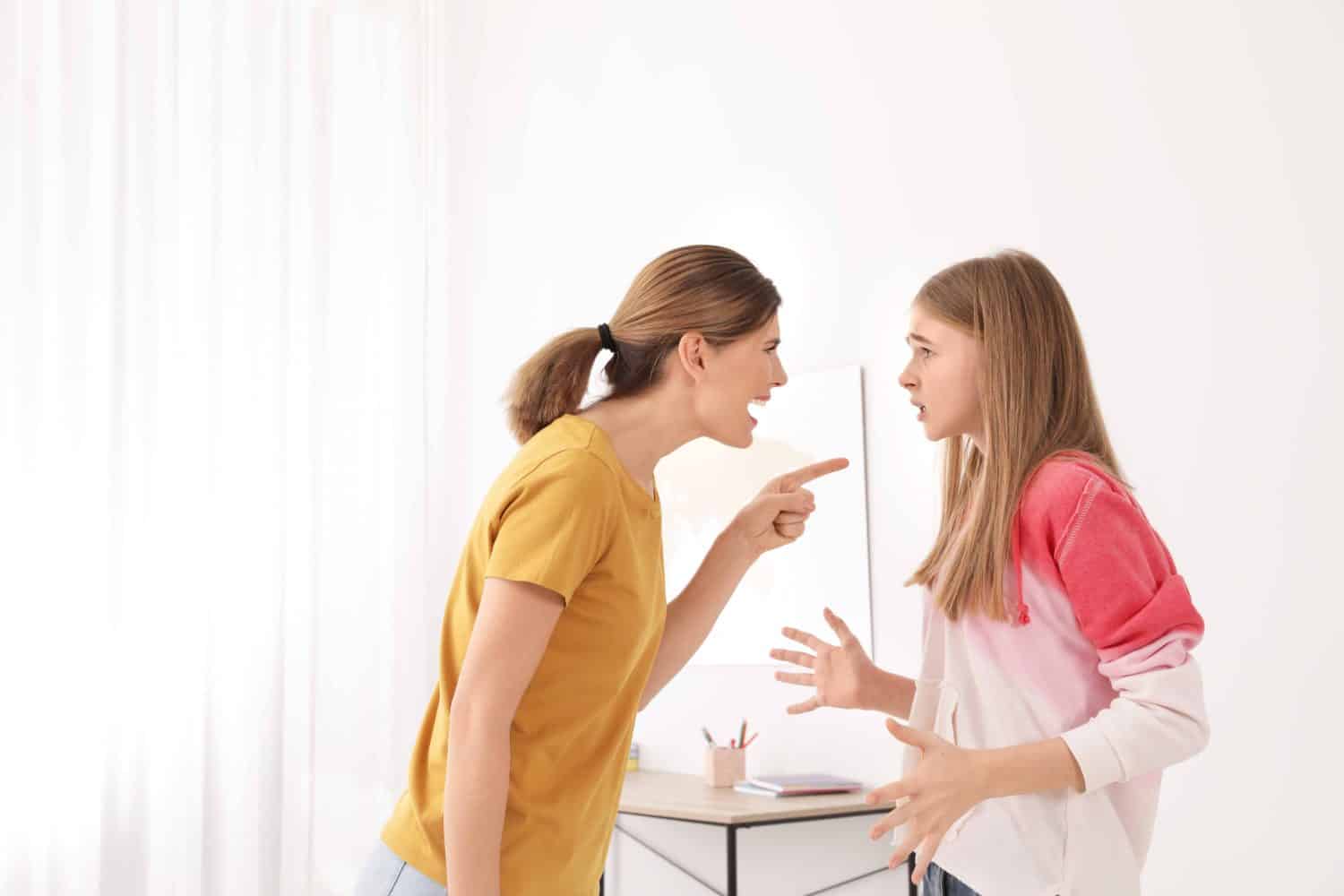Kid's Corner: Long-term effects of yelling at your kids
While we accept the importance of training our children to be better leaders of tomorrow, many child experts and psychologists have differed on the best way to achieve that. Some parents prefer to talk or smack their children when misbehaving; others resort to yelling at them, especially out of anger and frustration. Regardless of which strategy a parent might apply to train their kid, there is little doubt that parents want the same result - the welfare of their children in question. But many research works, including those published in the Journal of Child Development, have shown that screaming at a child has the same effect on them as physical punishment. Anxiety, depression, and behavioural issues are all exacerbated by this stressor. If you're going to yell, make sure it's not at the expense of harming your child's development.
Studies have revealed that yelling can have both positive and negative consequences. Even though yelling is the quickest way to deal with your children's misbehaviour, research has shown that they'll continue to defy you and perceive you as a weak parent. Yelling is unquestionably humiliating; hence experts have advised that one should avoid it at all costs.
When you yell at a child, you risk the following long-term consequences:
Behavioural issues grow.
You could be wrong if you believe that yelling at your child will motivate them to stop doing something annoying. It only exacerbates the problem, which is usually only discovered after significant harm has already been done. When parents yell at their children, they don't always change their bad behaviour but rather increase it in response to the yelling. Child behaviour worsens in direct proportion to a parent yelling. If you keep going at this rate, you may do more harm than good to the kid's future.
The brain is affected.
Yelling can alter a child's brain development because the human brain processes adverse events faster than positive ones. Clinical psychologist Laura Markham claims that a child's brain goes into "fight-or-flight mode" when they're afraid. As a result, your child will be unable to learn when you yell at them because their brain interprets your yelling as a threat and effectively shuts down other brain parts that are not dedicated to defence and protection.
It damages the relationship you have with your child.
Dr Markham discovered that yelling puts children and their parents at odds with one another and causes them to feel as if you are not on their side. Children who are yelled at feel a greater sense of distance from their parents than their counterparts. Even more importantly, children who have been verbally disciplined feel defiant, defensive, and disconnected from their parents; they are less receptive to change, more resistant, and less connected to their parents.
Depressing effect.
According to Dr Neil Bernstein, a clinical psychologist, yelling creates an explosion of negativity that can last for days or weeks. Children who are yelled at are at risk of developing depression because they feel hurt and sad. Frequent yelling harms children's mental health, resulting in issues like depression and anxiety. Teens suffering from depression are more likely to engage in risky behaviours, such as drug use or unsupervised sexual activity, or even attempt suicide.
Negatively impacted Physical health.
Stress is likely to develop in children raised in an environment where yelling is typical. Unmanaged stress can lead to various health problems that can plague a person for the rest of their lives if not addressed.
Emotional problems.
Have you ever met an adult struggling with their emotional health and well-being? If this is the case, it's essential to realise that yelling may contribute to developing some of these symptoms. A child's anxiety, low self-esteem, bullying, and social problems can result from parents yelling at them.
Yelling causes chronic pain.
Researchers have established a link between the development of painful chronic conditions later in life and the occurrence of adverse childhood experiences, including verbal and other forms of abuse. Arthritis, bad headaches, neck and back pain, and other chronic pain are among the conditions.
Of course, a child's upbringing comes with correction, which is one of the essential tasks of every parent. As a parent, you sometimes get angry and emotional at your child; it is perfectly normal to show your annoyance at your child, including yelling. How often and to what extent you yell at your child matter a lot. Minimising yelling at your child and learning new parenting techniques will help raise a healthy, happy, and cheerful child. Read the latest Kata Kata Cartoon Magazine for more:https://storage.googleapis.com/katakata-cb1db.appspot.com/pdfs/jabs/1657789499 OR https://www.magzter.com/magazines/listAllSpecialIssues/12051

